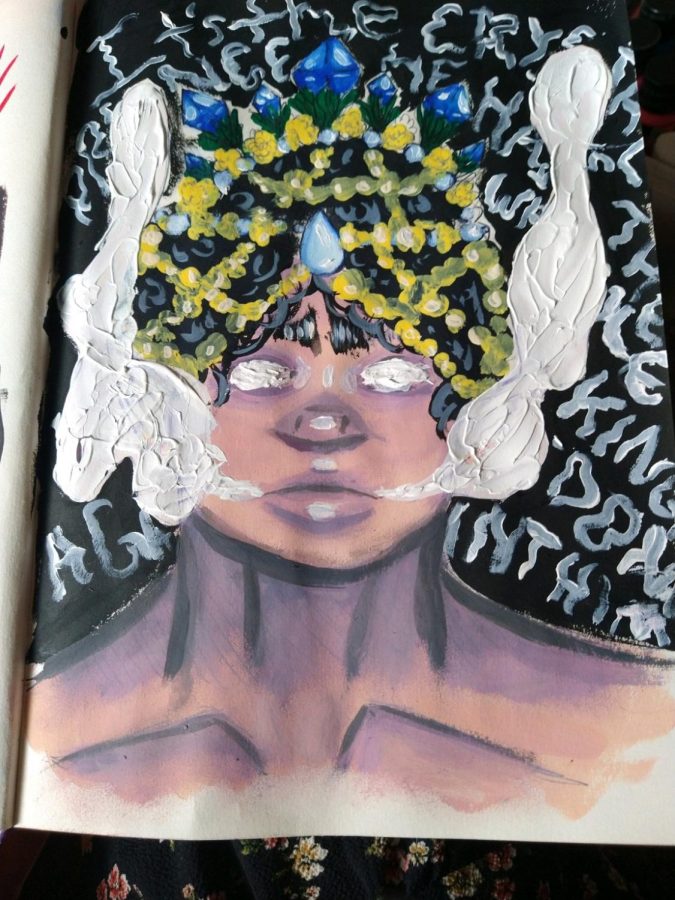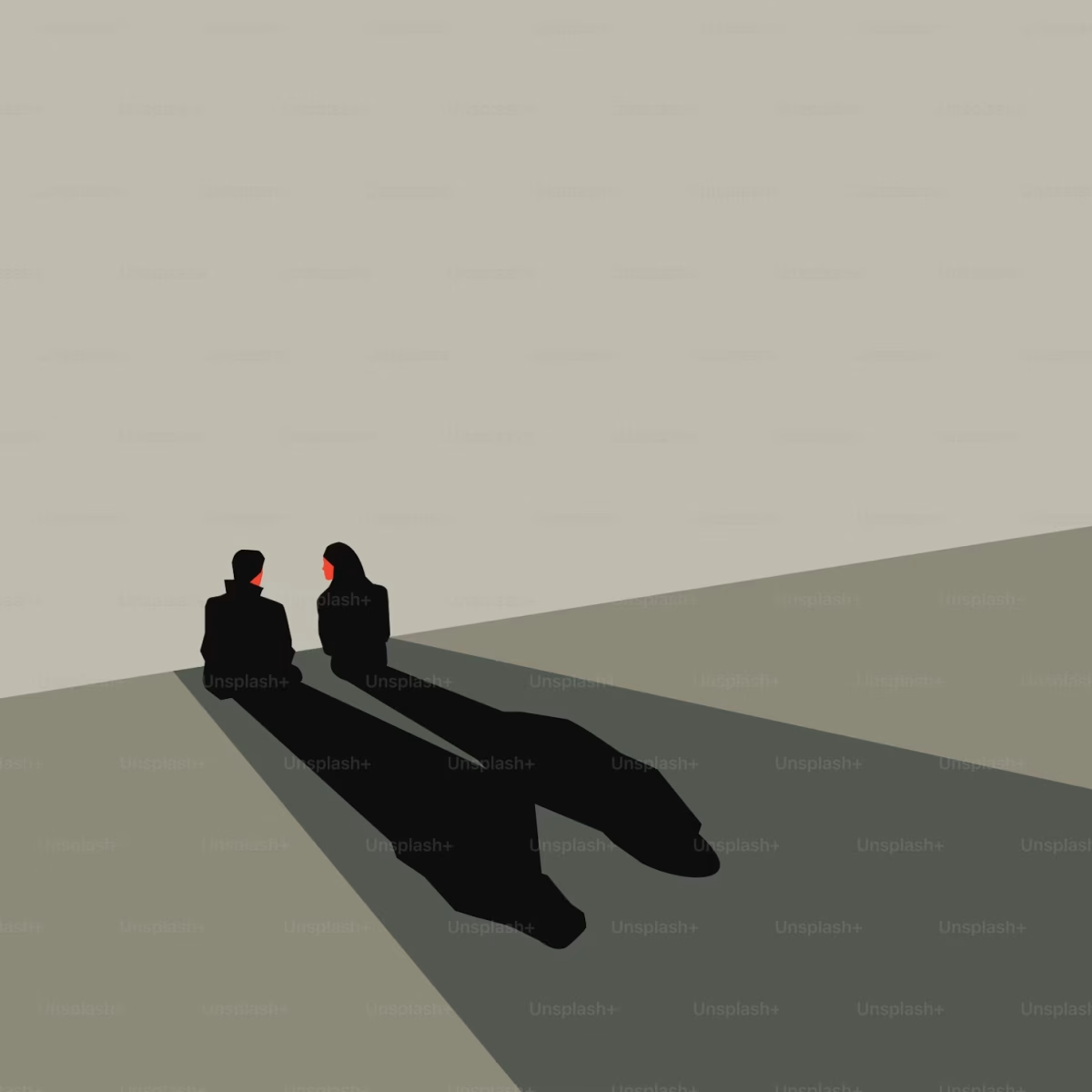As the seasons change, a chill in the air may not be the only thing that can leave someone feeling cold. For some, a touch of sadness can sometimes be a natural response to the changing of seasons. For some, these feelings can cause them to struggle emotionally and make them spiral into a negative mental state. This condition is known as SAD (Seasonal Affective Depression disorder). Seasonal depression is a type of depressive disorder that changes an individual mood based on seasonal patterns. Dealing with SAD can be tough but it’s important to know that it can be overcome.
According to professionals, Seasonal Depression often happens during fall or winter. Then it calms down during summer and spring however, it can be different for everyone. The process of seasonal depression occurring during fall and winter and easing up during summer and spring is called ‘Fall on-set’ also known as Winter Depression. When Seasonal Depression occurs the other way around, it is called ‘Spring on-set,’ which is also known as summer depression. It is estimated that only 10% of people experience summer depression. This type of depression has been discovered to be more common within regions with warmer climates.
There are a multitude of reasons that play a part in why certain seasonal patterns may cause some to go into a depressive state. For example, some doctors hypothesize that this type of depression happens due to shorter days and less daylight which set off a chemical change in the brain leading to the effects of depression. Some professionals believe the two types of depression are caused by two different outcomes. Winter depression is believed to be caused by a lack of serotonin levels. Serotonin is a chemical between nerve cells that carries messages that influence mood, sleep, digestion, and more. Since sunlight can impact serotonin levels, winter depression can be brought by the lack of sunlight while summer depression is more likely to be caused by the opposite. Summer depression, is possibly caused by too much light which can lead to an overproduction of melatonin which is a hormone that plays a role in sleep so too much melatonin can affect your sleeping cycle. When seasonal changes happen and the sunlight disrupts serotonin and melatonin levels, it will naturally impact someone’s mood.
However, mood shifts aren’t the only symptoms of Seasonal depression. Individuals may experience different types of symptoms based on what type of seasonal depression they have. For winter depression, some of these symptoms are oversleeping, overeating, craving carbs, weight gain, socially withdrawing, or even the desire to hibernate. For summer depression there are symptoms like trouble sleeping, a lack of appetite, restlessness, and anxiety. No matter what type of seasonal depression an individual may have, they’ll still experience symptoms from depression in general, for example, losing interest in activities they used to enjoy, having low energy, or unwanted feelings of sadness and hopelessness.
Despite seasonal depression having tough symptoms that may weigh someone down and are hard to grapple with, there are ways to overcome it or treat it. The majority of doctors believe that ‘light therapy’ can be an effective treatment for those who have seasonal depression. Light therapy is when you take a lamp or a light therapy box, light therapy boxes are more recommended and work better. Plug in your lamp or therapy box and sit close enough so that your skin can absorb the light for 30 to 60 minutes. The light therapy method increases serotonin levels and reduces the production of melatonin, however, light therapy boxes can be expensive and may not be the right treatment for everyone. There are other ways to overcome seasonal depression like exercising and trying to stay more on top of your sleep schedule. Doctors can also recommend some medications that can help as well. A balanced diet and a dark room are ways to overcome just summer depression by cooling down.
It’s important to know that seasonal depression is a hard disorder to struggle with and causes many issues in some people’s day-to-day life. SAD and any other mental illness should be known about and need to be given more awareness. To those who are struggling with it, or have someone close to them who is struggling, just know that it can be overcome.


























